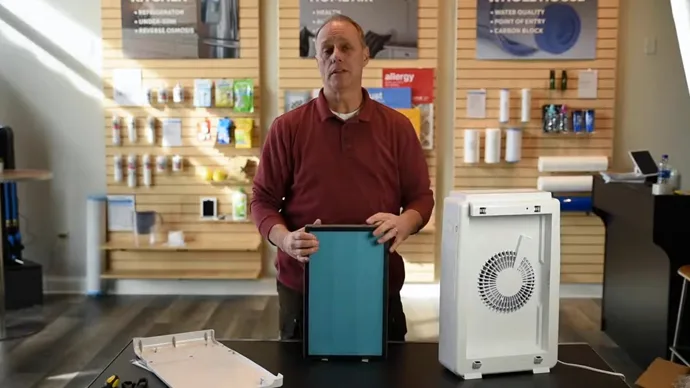Your indoor air quality is an important factor to consider when it comes to your health. Dust, pet dander, smoke, and other particles can all cause indoor air pollution if they’re present in high quantities.
You can improve your indoor air quality by using an air purifier to capture these particles and remove them from the air. Many air purifiers feature an ionizer setting, which has many advantages but also a few drawbacks.
After knowing all the facts, you can ask yourself, “should I use the ionizer on my air purifier” and make the optimal decision for your needs. Keep reading because we are going to discuss ionizers in detail.
How Does an Ionizer Work?
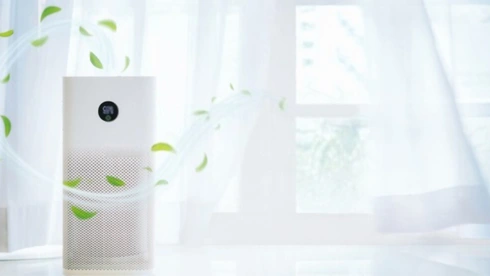
An ionizer, also known as a negative ion generator, is a device that has plate electrodes. When the device is turned on, it sends a high voltage of electricity through the plates. This creates an electric field that charges the particles in the air.
Dust, mold spores, and other harmful particles in the air are generally positively charged, which is harmful to our health.
Ionizers create negatively charged ions, which give us refreshment and energy. The negative ions attach to the positively charged particles, and this causes them to clump together. These clumps fall out of the air and are captured by the air purifiers.
As a result, the number of harmful positive ions in the air is reduced, and the quality of the air is improved. Regular ionizers are attached to air purifiers in order to reduce the number of harmful airborne particles.
Should I Use the Ionizer on My Air Purifier? Find Out the Answer
You now understand how an ionizer works and wish to determine whether you should use it with your air purifiers.
To decide whether or not to use the negative ion generator on your ionizer air purifiers, you need to weigh the pros and cons. Below are some of the benefits and drawbacks of using ionizers on your air purifiers.
What Benefits You May Experience When You Use the Ionizer Air Purifiers
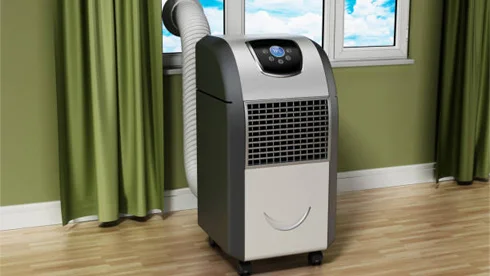
Knowing the benefits of using a negative ion generator with your air purifier is the first step toward making a decision. When you use the ionizers, you may experience the following benefits:
1. Improve Indoor Air Quality
One of the most important benefits of using ionizers with your air purifiers is that it improves the quality of clean air. The negative ion generator helps to remove harmful particles from the air, which can improve your breathing and overall health.
2. Get Rid Of Smoky Odors
If you have a smoker in your home, using the negative ion generator can help to get rid of the smoky odor. The negative ion generator will attach to the smoke particles and remove them from the high-efficiency particulate air.
3. Improved Sleep Quality
The importance of quality sleep cannot be overemphasized. When we get a good night’s sleep, our bodies and minds are able to recharge and function better the next day.
Poor sleep can lead to health problems, decreased productivity, and other negative consequences. Using the negative ion generator on your air purifiers can help to improve your sleep quality by air purification, getting rid of the particles that cause you to have trouble sleeping.
4. Refreshed and Energetic Feeling
Another benefit of using the negative ion generator is that it gives you a refreshed and energetic feeling. Negative ions are known to have a positive effect on our moods and emotions. When we breathe in negative ions, it can give us an overall sense of well-being.
5. Decrease Stress Levels
When we’re feeling stressed, our bodies release cortisol, a hormone that can have negative effects on our health. One way to help reduce stress levels is by using the negative ion generator on your air purifiers.
The negative ions help to neutralize the positive ions that are released when we’re stressed. This can help to improve our mood and reduce the negative effects of stress on our health.
6. Increase Immune Function
When our immune system is functioning properly, we’re less likely to get sick. One way to help increase your immune function is by using the negative ion generator on your ionic air purifiers.
Negative ions help to kill the germs and bacteria in the air, which can help to keep you healthy.
7. Low Maintenance
One of the great things about using ionizers with your ionic air purifiers is that it is low maintenance and cost-effective. The negative ion generator doesn’t require any special care, and it doesn’t cost a lot of money to use.
Drawbacks of Using an Ionizer
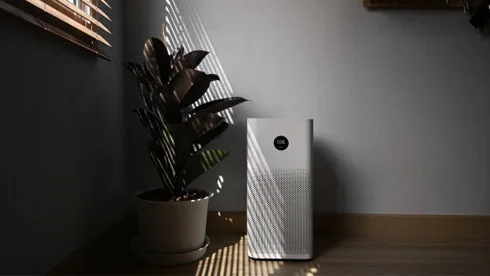
Now that you know some of the benefits of using the negative ion generator on your ionic air purifier, it’s important to also be aware of the potential drawbacks. Below are some of the drawbacks you may experience when you use the ionizers:
1. Produce Ozone
One of the main drawbacks of using ionizers is that they emit ozone. The ozone is a harmful gas that can cause respiratory problems and other health issues. If you have asthma or another respiratory condition, you should avoid using the ionizers.
2. Unable to Remove Large Particles
Another drawback of using the negative ion generator is that it’s unable to remove large particles from the air. This means that the ionizers may not effectively remove allergens and other large particles from the air. Which may cause lung irritant problems.
3. Can Not Remove VOC Gas
Volatile organic compounds (VOCs) are gases that can cause health problems when they’re breathed in. The negative ion generator is not effective at removing VOCs from the air, which means that you may still be exposed to these harmful gases when you use the ionizers.
Should You Use the Ionizer on Your Air Purifier?
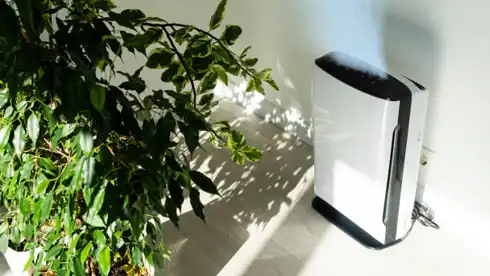
The answer depends on your specific needs and preferences. If you’re looking for improving the quality of air, decreased stress levels, and have a refreshed and energetic feeling, then the negative ion generator may be a good option for you.
However, if you have asthma or another respiratory condition, you should avoid using the ionizers. Additionally, if you’re looking to remove large particles or allergens from the air, the negative ion generator may not be the best option for you.
Frequently Asked Questions:
Some common questions are raised regarding the use of ionizers in an air cleaner. Below are some of the most common questions and answers.
1. What Is the Difference Between an Ionizer and a Filter?
The main difference between an ionizer and a filter is that ionizers charge particles with electricity, which causes them to stick together and fall out of the air. A filter, on the other hand, captures particles inside of the HEPA filter.
2. Is It Safe to Breathe Ionized Air?
Inhaling ionized air is safe for most people. However, if you have asthma or another respiratory condition, you should avoid breathing in ionized air. A negative ion generator emits ozonated air that is harmful to humans.
3. How Long Should You Run an Ionizer In an Air Purifier?
If you’re looking for improved air quality and a refreshed feeling, then you should run the air ionizers for at least 12 hours per day. In order to achieve the best results, the negative ion generator should run about 24 hours daily.
4. Where Do You Place an Ionizer?
The air ionizer should be placed in a central location in the room so that it can evenly release negative ions throughout the space.
5. Can an Ionizer Be Used With a Filter?
Generally, ionizers do not have their own filter. If you want to improve the air quality in your home, you can use a negative ion generator paired with HEPA filters.
6. Do Air Ionizers Work for COVID?
There is no scientific evidence that air ionizers work to remove Covid from the air. However, using ionizers with an air purifier can help to improve the overall air quality in your home. But, it is not specific to Covid.
Conclusion
When used in conjunction with an air purifier, an air ionizer can improve the quality of the air. Several factors should be considered before using this product, including the potential for producing ozone and its inability to remove large particles or allergens from the air.
We hope you found the answer to your question of, “should I use the ionizer on my air purifier.” You should consider your specific needs and preferences before deciding whether or not to use the negative ion generators on your air purifier. This will allow you to make the most informed choice.
